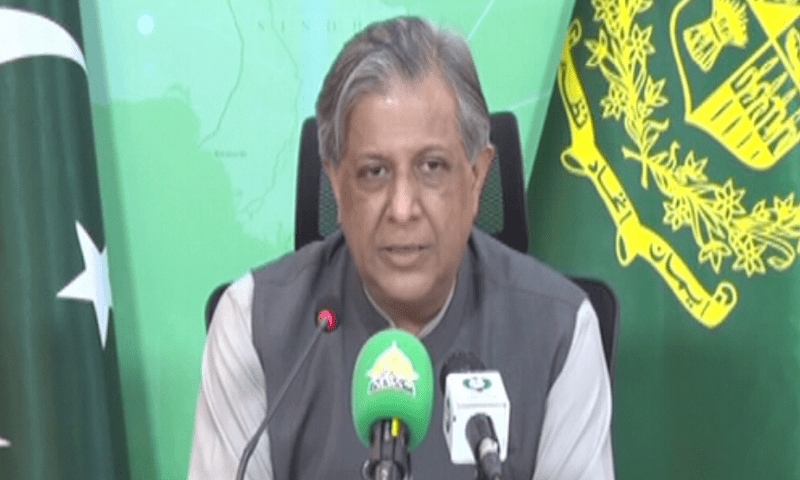Islamabad: Law Minister Azam Nazeer Tarar stated that despite the Supreme Court’s detailed ruling, the constitutional issue remains that the distribution of seats must be decided according to national law. He emphasized that the detailed decision does not address how these seats should be allocated under the existing laws of Pakistan.
The Supreme Court of Pakistan recently issued a detailed verdict regarding the Pakistan Tehreek-e-Insaf (PTI) party’s reserved seats, declaring that the Election Commission’s decision from March 1 is unconstitutional and holds no legal standing.
During a press conference, Tarar noted that the law still requires that if a candidate is elected as an independent, they must join a political party within three days of their election, which is now irrevocable under the law. He mentioned that Article 51 of the Constitution states that seat distribution should be in accordance with the law, which is also echoed in the relevant provincial assembly laws.
Tarar highlighted that the situation remains unchanged and referred to existing Supreme Court decisions that affirm the primacy of parliamentary legislation over judicial rulings. He pointed out that the review petitions submitted by political parties are still pending and that the recent ruling has strengthened these petitions as they move forward in the election commission’s proceedings.
He criticized that the Supreme Court did not take suo motu notice on this matter, and there was no mention of it in the detailed ruling. He argued that such decisions should follow the Criminal Procedure Code, which considers the parties involved and the nature of the relief sought.
Tarar expressed concern over the harsh wording regarding the dissenting opinions of two judges in the final paragraphs of the ruling, stating that all judges should be treated equally and that dissent is vital for healthy debate and logic.
He concluded by reiterating that the constitutional question of how the seats should be distributed remains unanswered in the detailed ruling, despite the law regarding these matters being clear and currently applicable. He also clarified that during the election commission proceedings, members declared themselves as part of the Sunni Ittehad Council voluntarily, and it was never argued that these seats could belong to the PTI. The proceedings were focused on whether these seats could be allocated to the Sunni Ittehad Council.



